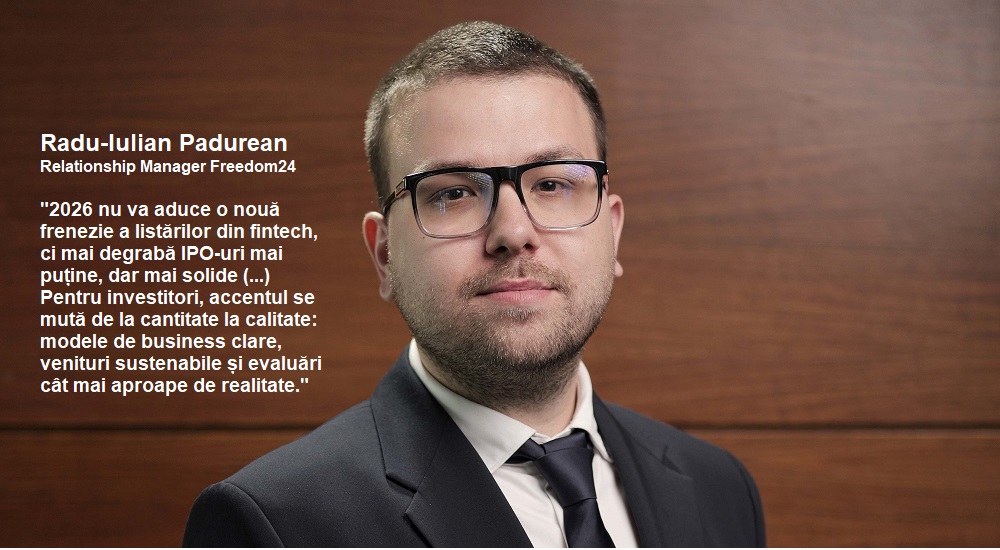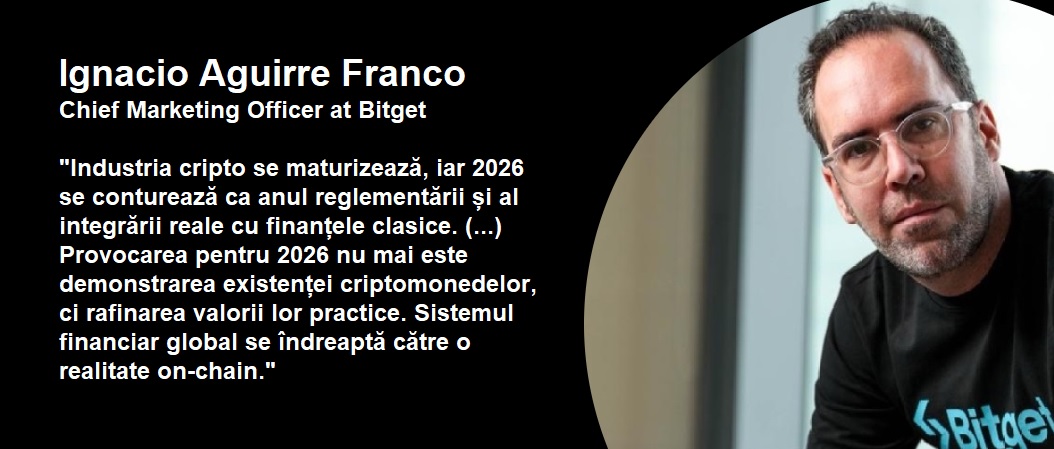Head of marketing at Revolut: “The goal is not to be just another medium size bank — we want to become the Amazon of finance”

Europe’s asset management industry is likely to have an abrupt wake-up call as two of the fastest-growing fintech companies, which aim their products at millennials, roll out new investment propositions, writes Financial Times.
Revolut and Plum have attracted close to 3m users in the past two years. They have their sights set on disrupting the industry with cheap and easy-to-use investments that suit customers traditional managers find hard to attract. “The goal is not to be just another medium-size bank — we want to become the Amazon of finance,” said Chad West, head of marketing at Revolut, which is in the process of offering exchange traded funds to its more than 2.6 mil. users across Europe.
Plum, a robo-adviser tool used via Facebook’s Messenger service, has focused on helping its 200,000 users save money and reduce spending. Now, though, it has turned its attention to investments and is rolling out six funds to all its customers on Monday.
A beta version of the offering, which was open to 2,000 customers, has been running over the summer and £500,000 has been invested so far.
Victor Trokoudes, Plum chief executive, said the themes were chosen to appeal to the interests of millennials and that the company would consider rolling out funds focused on the environment, healthy eating and artificial intelligence. “We are trying to open up investments to millennials,” said Mr Trokoudes, a former Morgan Stanley trader who launched Plum two years ago. “I think we will see this massive wave where people get more comfortable investing money and grow their funds over time.”
Plum will charge investors £1 a month as well as an annual fee of 0.15 per cent of their assets. Additional fund charges range from 0.22 per cent to 0.9 per cent.
Revolut, a challenger bank that adds up to 7,000 customers a day, is in the process of applying for an ETF broker licence. It has agreed a deal with an unnamed ETF provider to sell its funds and provide custodial services. The ETF proposition will be part of a commission-free trading service for stocks and other securities that the bank plans to unveil in coming months.
Mr West said Revolut was following the lead of Robinhood, a commission-free investing app that sells ETFs in the US, but would do so globally. He said it planned to launch in the US, Canada, Hong Kong, Singapore and Japan this year. Mr West added that, though Revolut’s customers were typically aged 25 to 35, it was not a service just for younger investors. “A lot of 40-plus customers invest in stocks and ETFs,” he said. “We see this as a real opportunity to make this a service for all and not just for millennials.”
The UK’s fastest-growing financial technology company has started the process of applying for a licence in Luxembourg to cope with the potential disruption of Brexit. Revolut, the digital payments company that has almost tripled its customers to 2.8m in a year, plans to set up an office in Luxembourg and is in talks with the country’s regulators about how many staff it needs there.
“It takes us six months to get an e-money licence and so we have applied for one in Luxembourg – just to be on the safe side,” said Nikolay Storonsky, the Russian-born co-founder and chief executive of Revolut.
Dariusz Mazurkiewicz – CEO at BLIK Polish Payment Standard
Banking 4.0 – „how was the experience for you”
„To be honest I think that Sinaia, your conference, is much better then Davos.”
Many more interesting quotes in the video below:










